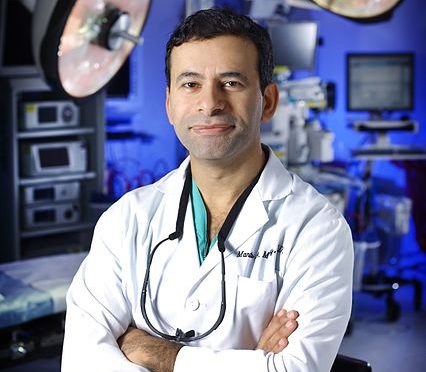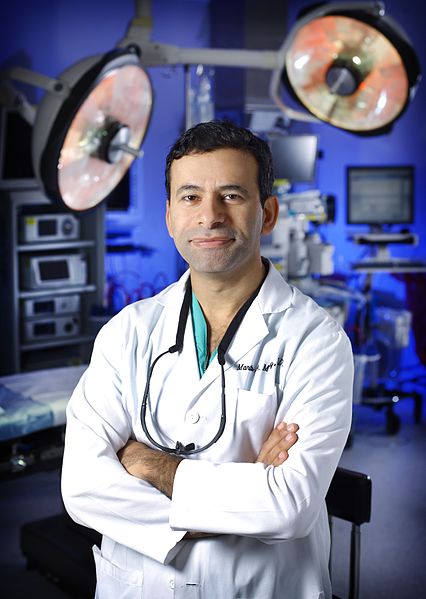Podcast: Play in new window | Download (Duration: 57:20 — 78.8MB)
Subscribe: Spotify | RSS | More


[Dave’s out of town this week, so enjoy this rerun!]
Admissions counselor Megan Kosovski joins the fun to help LJ Agostinelli, Aline Sandouk, and new co-host Armin Avdic answer some listener questions. Claire, for instance, wants to know if she needs to quit her job as a radiation tech to fulfill pre-med requirements like shadowing and volunteering. And Elizabeth wants to know what colleges typically do when personal difficulties arise between one’s peers and mentors.
Plus, Dave satisfies his pretensions to be a medical educator by giving the crew a pop quiz. Can they discern which strange research project is the actual strange research project and not one Dave made up?
Buy Our Merch and Give At The Same Time
This Week in Medical News
The AAMC offers insight into a ‘new’ trend in medical education: the three-year fast-track MD degree program. It’s been tried before in times of shortages…is the time right to roll it out again to address physician shortages and high student debt?
We Want to Hear From You
The Short Coats offer free advice! Call us at 347-SHORTCT anytime, visit our Facebook group, or email theshortcoats@gmail.com! We’ll try to help!








 Dan Weissmann
Dan Weissmann
 [Dave’s on vacation, so here’s a rerun for ya.]
[Dave’s on vacation, so here’s a rerun for ya.]








